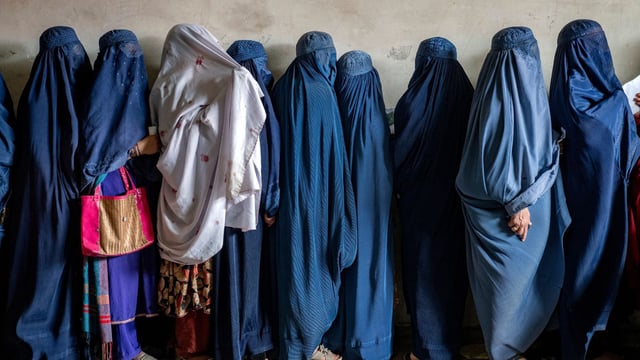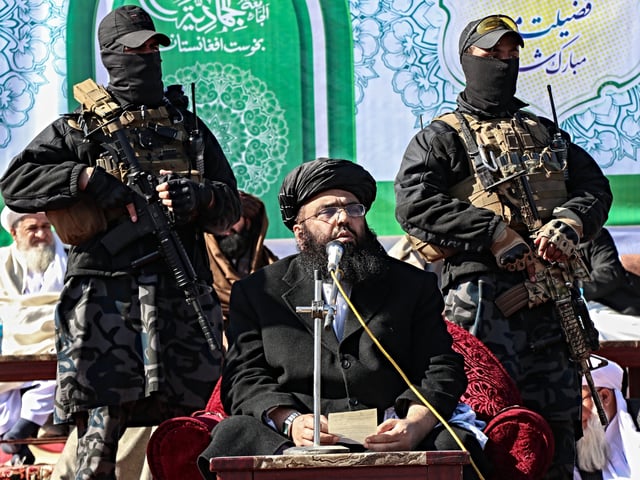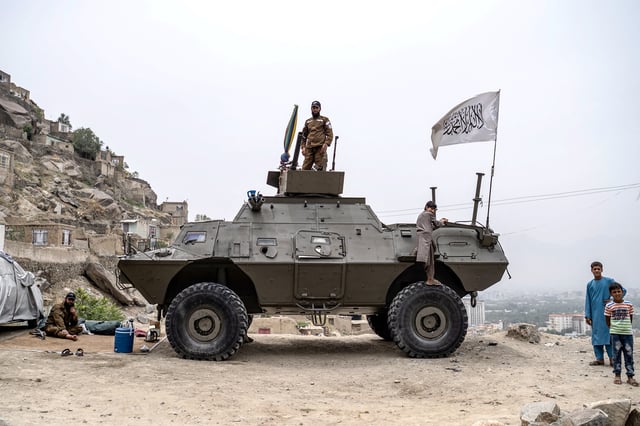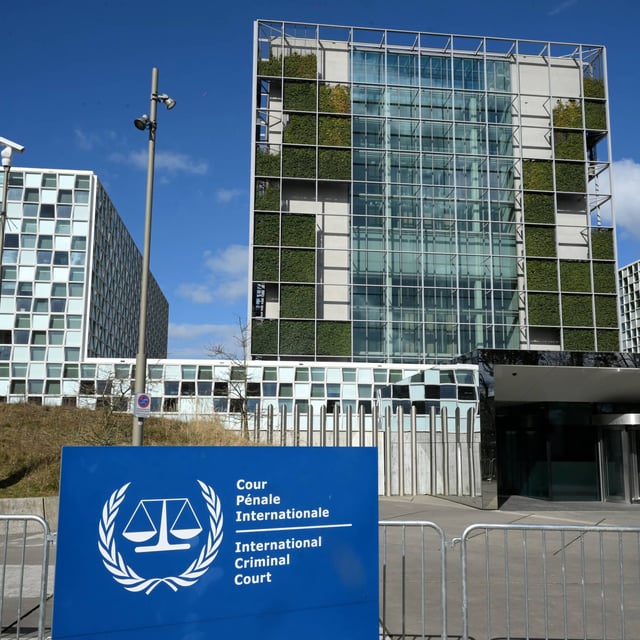Overview
- On July 8, 2025, the ICC Pre-Trial Chamber II confirmed sealed arrest warrants for Supreme Leader Hibatullah Akhundzada and Chief Justice Abdul Hakim Haqqani under Article 7(1)(h) of the Rome Statute.
- The warrants allege that Taliban decrees from August 2021 to January 2025 systematically deprived Afghan women and girls of rights to education, privacy, family life and freedoms of movement, expression, thought and religion.
- ICC judges found “reasonable grounds” to suspect both men of orchestrating crimes against humanity by targeting women and girls on gender grounds and others for non-conformity with Taliban gender norms.
- Lacking its own enforcement arm, the ICC relies on member state cooperation and keeps the warrants under seal to protect victims and witnesses.
- The Taliban government has rejected the court’s legitimacy as hostile to Islam, while human rights groups are urging states to act on the warrants.



